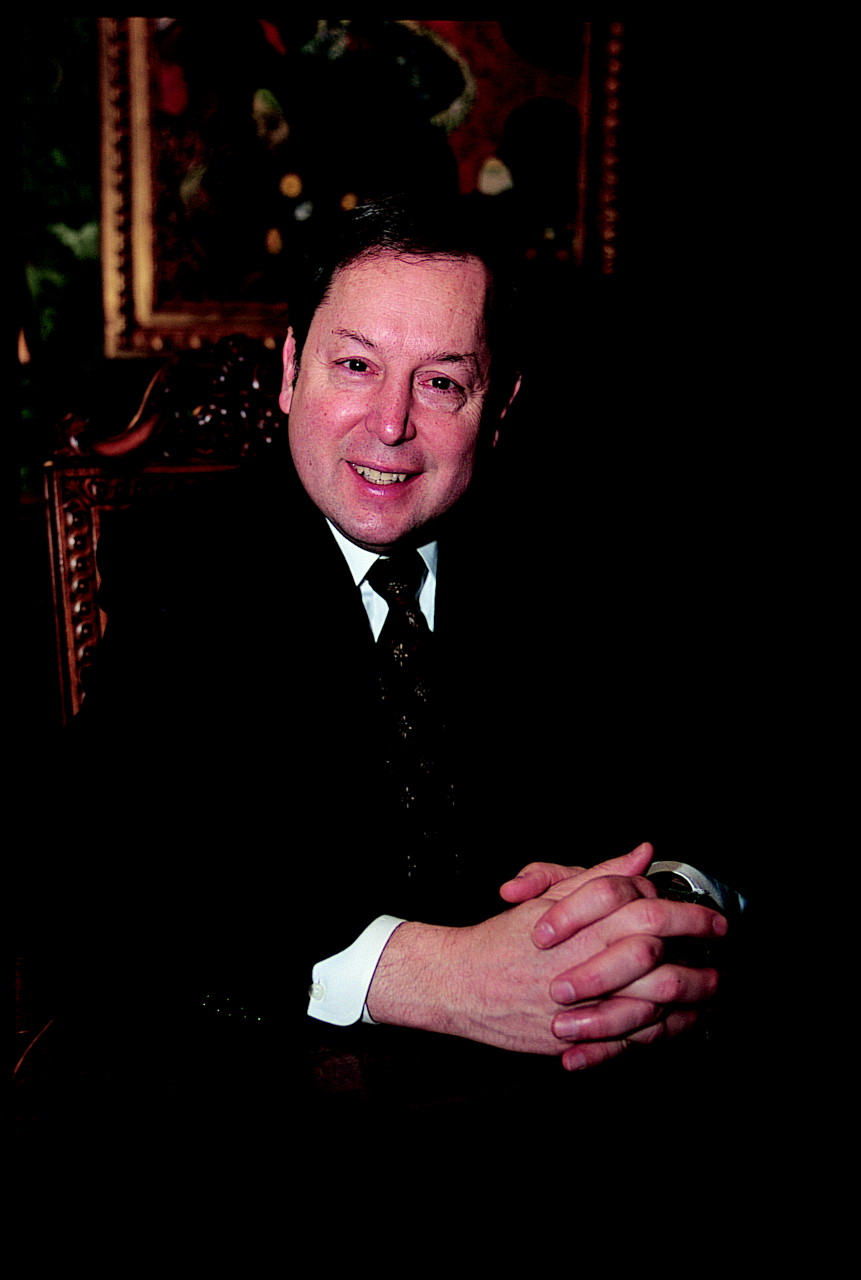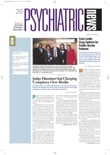The American Psychiatric Institute for Research and Education (APIRE) has distributed a survey to 1,200 psychiatrists in the Washington, D.C., area to measure the impact that mental health parity for federal workers and their families is having on psychiatric practice.
Psychiatrists in the Washington, D.C., area were chosen to participate in the survey, titled the “Psychiatric Practice Survey,” because they see the largest concentration of federal workers in their practices in the country. Federal workers receive their benefits under the Federal Employees Health Benefits (FEHB) Program, which covers a total of approximately 4 million enrollees.
Under the five-month-old program, guided by a mandate from President Bill Clinton that went into effect in January, all companies providing health insurance to federal workers and their families must provide the same health care benefits for mental illnesses as they do for other types of disorders.
This survey follows a more extensive data-collection effort that began last December, before the mandated parity benefit went into effect.
Although valuable data were obtained from the initial survey on patient diagnosis, treatment, and access to the full range of psychiatric services, a more limited subset of data is now being collected from psychiatrists unable to complete the earlier survey. Answers to the new questions will determine how the parity benefit might affect—that is, limit or improve—access to psychiatric treatment. APIRE researchers will also gain insight into the administrative efforts required in treating patients under the federal program.
“This survey captures valuable information regarding changes in management and access to treatment for FEHB enrollees and also studies movement of psychiatrists in and out of networks through which parity benefits operate,” said Darrel Regier, M.D., M.P.H., the executive director of APIRE.
According to Regier, APIRE convened the FEHB Parity Study Scientific Advisory Committee, which is composed of members of the Washington Psychiatric Society (WPS) and leaders in academia in the Washington, D.C., area.
Since the start of the parity study, committee members and WPS Council members have been working with APIRE to refine the content and format of the survey to decrease the burden on participating psychiatrists. For example, WPS members suggested that researchers collect in-depth information on the administrative burden of the management of the parity benefit, which is available only through managed networks of clinicians.
Regier noted that the introduction of new federal parity legislation could heighten the importance of the APIRE survey and its ability to serve as an indicator for parity at the national level.
That bill, the Mental Health Equitable Treatment Act of 2001, was introduced in the U.S. Senate in March by Senators Pete Domenici (R-N.M.) and Paul Wellstone (D-Minn.). It is modeled on the framework for the FEHB parity program. If enacted, the legislation would provide insurance coverage for all psychiatric disorders in DSM-IV-TR or the latest version of DSM equal to coverage for other kinds of disorders. The legislation also would expand the 1996 Mental Health Parity Act, which is due to sunset in September (Psychiatric News, April 6).
The federal Office of Personnel Management (OPM), which implemented the FEHB plan, is also studying its impact. Specifically, OPM is measuring the claims data and beneficiary satisfaction.
“Washington, D.C., psychiatrists have a unique and historic opportunity to shape policies affecting the availability of psychiatric services for patients in need of care,” Regier explained.
“In the event that the new legislation is enacted, its national implementation could be affected by the results of the current evaluations of the FEHB Parity Program conducted by APIRE and the U.S. Office of Personnel Management.”
More information about the survey is available by contacting APIRE staff at (800) 713-7123. ▪

